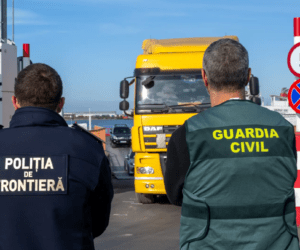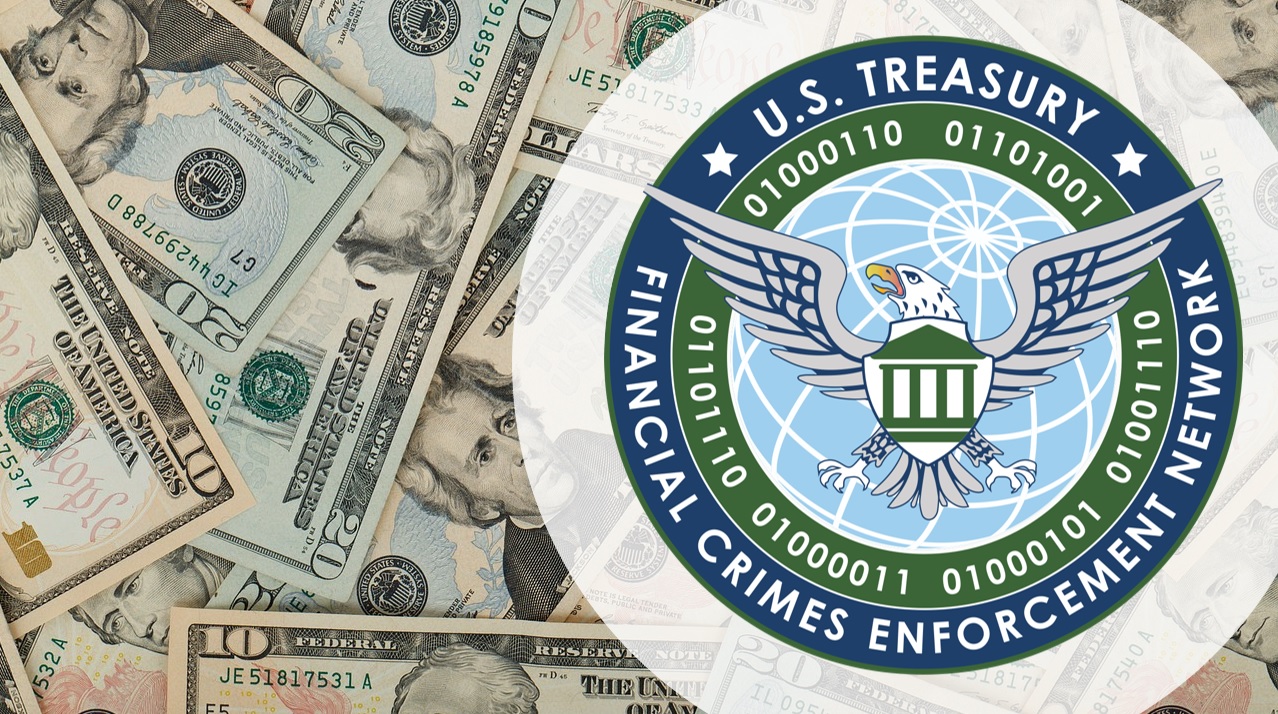By Dan Byrne for AMLi
STRONGER SUPERVISION and tougher rules await those doing business in France according to the country’s latest anti-money laundering roadmap.
The Action Plan against Money Laundering and Terrorist Financing for 2021-2022 has been published by the French government after being finalised by a specialised steering committee.
Prime Minister Jean Castex and selected members of the French cabinet signed off on the document, which called the French AML systems one of the most robust and efficient in the world.
“The objective is simple,” their foreword read. “To prevent criminals and their networks in France, in Europe, and in the world, from infiltrating the national economy.”
French authorities have said that the action plan is meant to renew the nation’s commitment to the transparency and integrity of its economy.
“It also intends to strengthen the overall effectiveness of its action [against launderers and terrorism financiers]” a March 23rd statement read.
“To face the threats of financial crime, the national action plan is structured around five priority axes with around one hundred operational actions.”
Those axes are:
- Preventing risks through intensified inspections. Not only does this apply to the financial sector, but the non-financial sector as well. This means that lawyers, auditors, accountants and commodities dealers, among others will need to be on higher alert for inspections when doing business in France.
- Increasing transparency by further developing France’s beneficial ownership registry, and ensuring they are open to the public. “Transparency requirements on the financing of associations will also be increased,” the government said.
- Increasing the powers of TRACFIN – France’s intelligence service monitoring suspicious activity reports (SARs). It will now be empowered to “intercept illicit flows linked to emerging forms of crime.” It comes as part of France’s goal to “detect, prosecute and sanction,” financial crime, supported by harsher penalties.
- Ramping up the freezing of assets with suspected links to money laundering, terrorism financing, or efforts by states to buy weapons of mass destruction.
- Strengthening national policies against money laundering, firming up national responses to it, and playing a leading role in promoting international cooperation at the EU level.
This last point is likely to fit nicely with the EU’s dream of more centralised supervision to complement national law enforcement.
The proposed EU-level watchdog, combined with other services such as the new European public prosecutor, represent the wishes of many in Brussels that AML be conducted on a broader scale instead of through disconnected efforts, separated by borders.
France’s commitment to its “leading role” in tackling financial crime across the bloc align not only with Brussels, but with the wishes of agencies as senior as the Financial Action Task Force, who have previously called for all 39 of its full members (including France) to lead the charge and set examples.
Share this on:
Follow us on:








